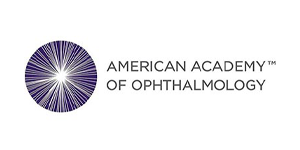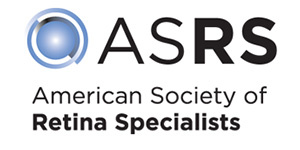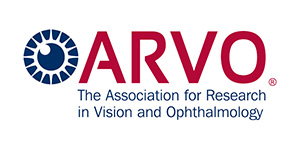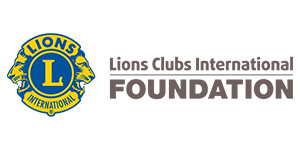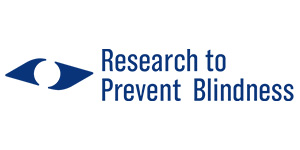Cancelling your registration will remove your access to the event. If you proceed, you will no longer be able to participate or access event-related materials.
Deleting your account will remove your access to the event.
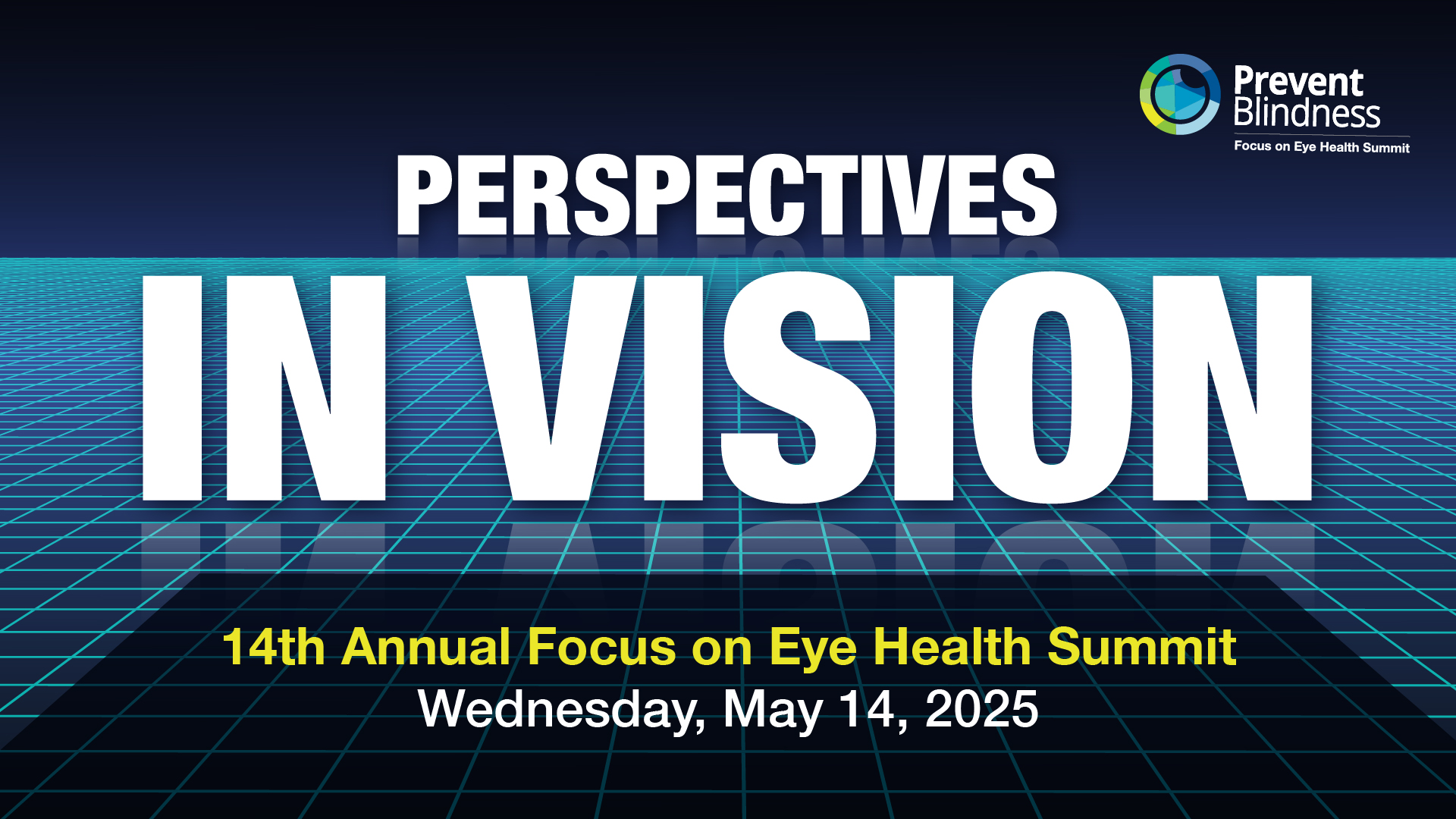
This year’s theme, Perspectives in Vision, emphasizes the need for a collaborative, multidisciplinary approach to addressing eye health challenges in an evolving world. The Summit will bring together professionals, policymakers, patient advocates, and innovators to exchange ideas, share experiences, and forge strategies to promote equitable access to vision care. Through dynamic keynote presentation, panel discussions, and interactive coffee chats, attendees will explore topics such as:
Innovations in vision care and technology
Public health strategies to reduce preventable blindness
Policy frameworks to integrate eye health into broader healthcare systems
Local to global approaches to ensuring access to quality eye care
Personal stories from patients and caregivers to deepen insights into eye health
By uniting diverse perspectives, this event aims to inspire actionable solutions to improve vision health outcomes for communities worldwide. Together, let’s shape the future of vision for all.
Eye care practitioners, public health officials, researchers, policymakers, non-profit leaders, patient advocates, and anyone passionate about vision health.
 05/14/2025 11:00 am
05/14/2025 11:00 am Explore the exhibit hall and download information available from our event sponsors. Email communications will be available with exhibit staff. Some booths will also have video and text chat options available.
 05/14/2025 11:00 am
05/14/2025 11:00 am This session will discuss how the U.S. can take lessons learned from the recent passing of the Canadian National Strategy for Eye Care Act.

Opening Remarks & Moderator: Jeff Todd
President & CEO, Prevent Blindness
Jeff Todd serves as the President and Chief Executive Officer of Prevent Blindness, the nation's leading organization dedicated to preventing blindness and preserving sight for people of all ages. Since its founding in 1908, Prevent Blindness has advanced eye health and safety by educating the public, advocating for equitable access to eyecare, promoting early detection of vision problems, and supporting patients and care partners.
Joining Prevent Blindness in 2003, Jeff held roles as Director of Public Health and Chief Operating Officer before becoming President and CEO in 2018. Under his leadership, the organization has launched the National Center for Children's Vision and Eye Health, promoting comprehensive pediatric eye care; led an annual national summit as a forum for the exchange of ideas relating to vision and public health; produced pivotal research on the prevalence and cost of vision problems in the U.S.; and advocated for the Early Detection for Vision Impairment in Children Act, currently under Congressional review.
Beyond Prevent Blindness, Jeff is an active leader in the vision and public health sectors. He serves on the Boards of the National Health Council (Immediate Past Chair), the International Agency for the Prevention of Blindness (North America Regional Director), and Vision 2020 USA (Past Chair). He is also a past chair of the Vision Care Section of the American Public Health Association and former member of Howard Brown Health.
Earlier in his career, Jeff led statewide health and safety programs in Indiana's Governor's Office, spearheaded national youth development initiatives, and directed the National Youth Violence Prevention Resource Center.
Originally from Indiana, Jeff earned a J.D. from Indiana University School of Law–Indianapolis, an M.S. in Communications from Butler University, and a B.S. from Indiana University's Kelley School of Business. He currently resides in Chicago and is a member of the District of Columbia (DC) Bar Association.
Connect with Jeff on LinkedIn: Jeff Todd.
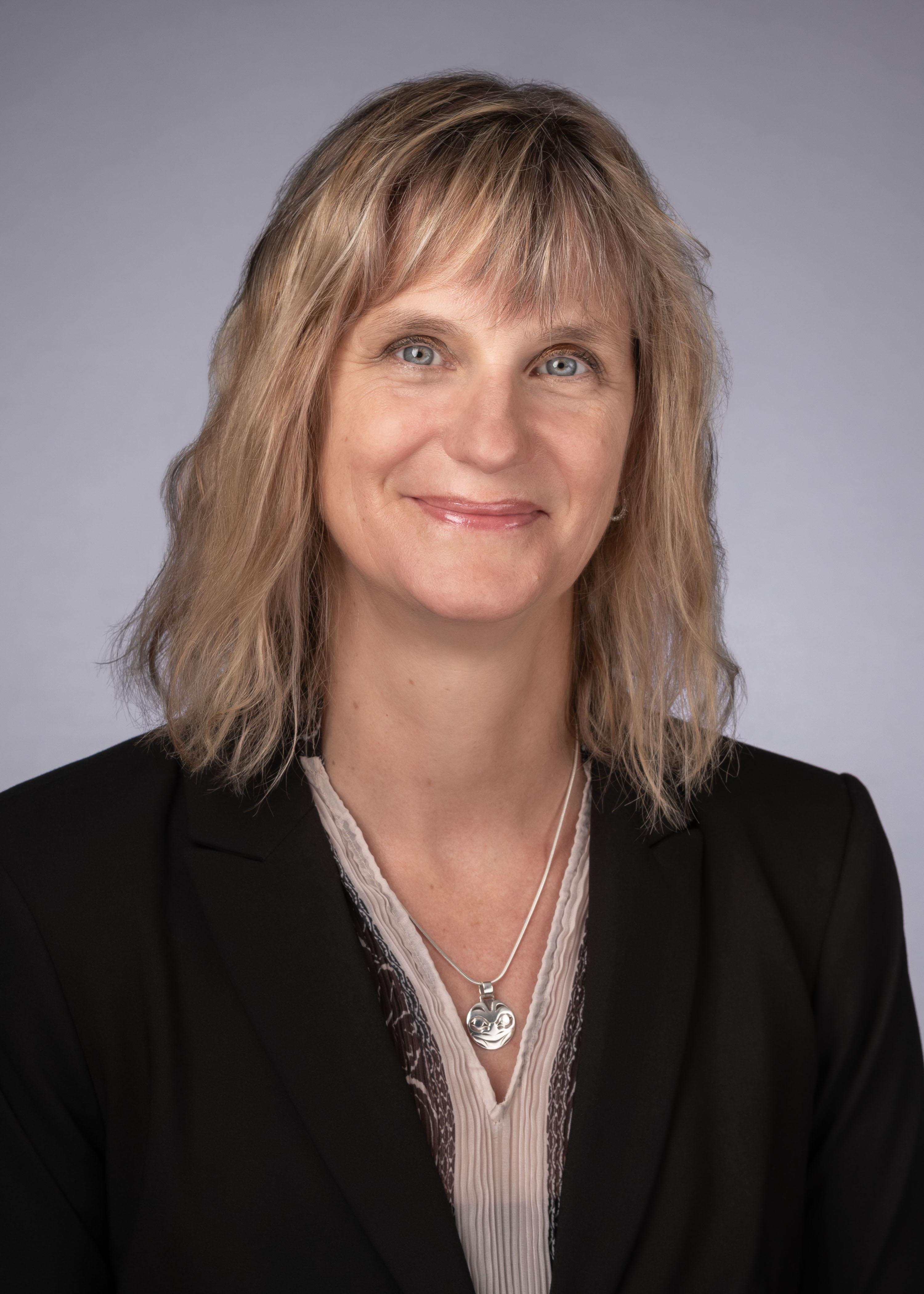
Elisabeth (Lis) Fowler
CEO, Canadian Ophthalmological Society
Elisabeth (Lis) Fowler is the CEO of the Canadian Ophthalmological Society (COS). With a career spanning the health field, Lis has worked in the not-for-profit sector and pharmaceutical industry, focusing on patient outreach, research, and policy development, including roles at Ward Health Advocacy, CIHR's Institute of Human Development, Child and Youth Health, and the Kidney Foundation of Canada.
Lis was part of the COS team that helped advance Bill C-284, a key step towards establishing a National Strategy for Eye Care in Canada. She strives to drive change for patients and the profession, to ensure a robust and accessible vision health care system.
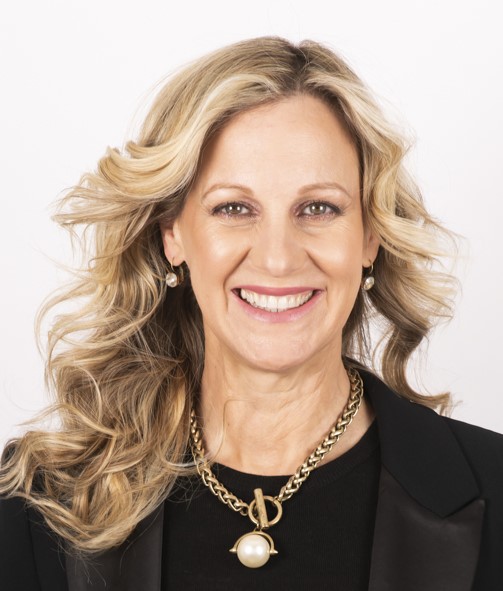
Jennifer Jones
President & CEO, Fighting Blindness Canada
For the past 30 years, Jennifer has worked across diverse industries including advertising, financial services, retail, and not for profit. She has devoted the past 20 years to social impact, advocacy and fundraising across the public, private and not-for-profit sectors. Jennifer is a leader with a people-first philosophy who builds high-performance teams to bring sustainable culture and structural change, unlocking long-term sustainable, financial success. Jennifer is known for scaling and transforming organizations including the Indigo Love of Reading Foundation and Toronto Public Library Foundation where she delivered more than $50 million through traditional fundraising and contemporary cause-marketing models to educational programming, community spaces and poverty reduction. She has an MBA from The Ivey Business School at University of Western Ontario.
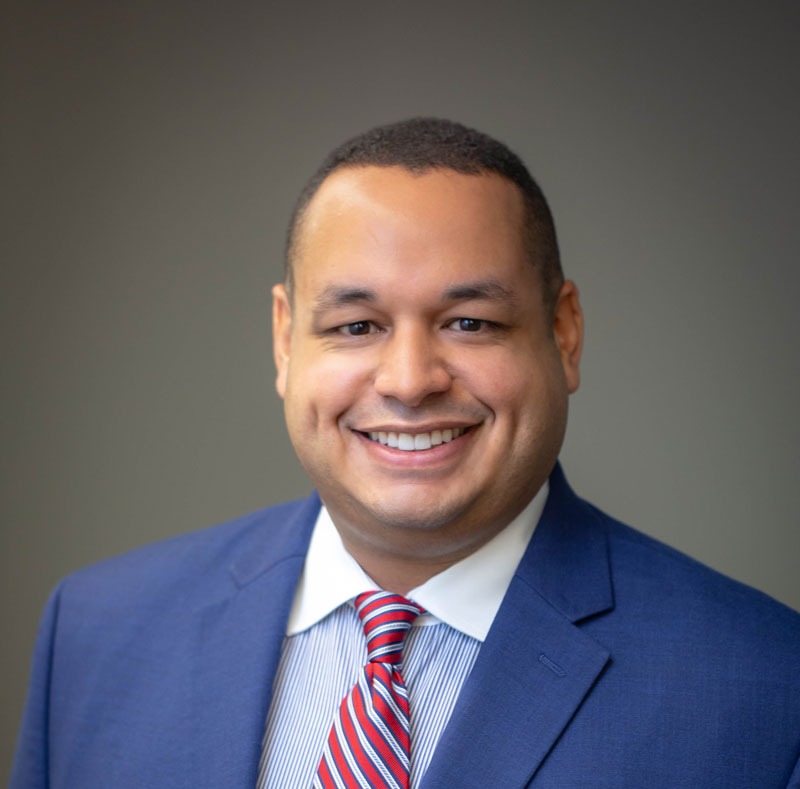
Philip Goglas II (Reaction Panel)
Managing Partner, Health and Medicine Counsel
Philip Goglas II has worked with patient organizations for a decade focusing on expanding research and educating policymakers on the challenges of the chronic disease community. In addition to the chronic disease community, Philip represents the HBCU medical, dental, veterinary and pharmacy schools. Additionally, Philip focuses on minority health and health disparities research, legislation and policy. Philip has expertise in the appropriations process and advancing critical priorities of the chronic disease community through Congress. Philip previously worked for two New York House of Representatives members giving him direct exposure to the legislative process. Philip graduated from the University of Maryland, College Park, with a B.A. in Government and Politics and from American University with a Master of Public Administration and Policy.
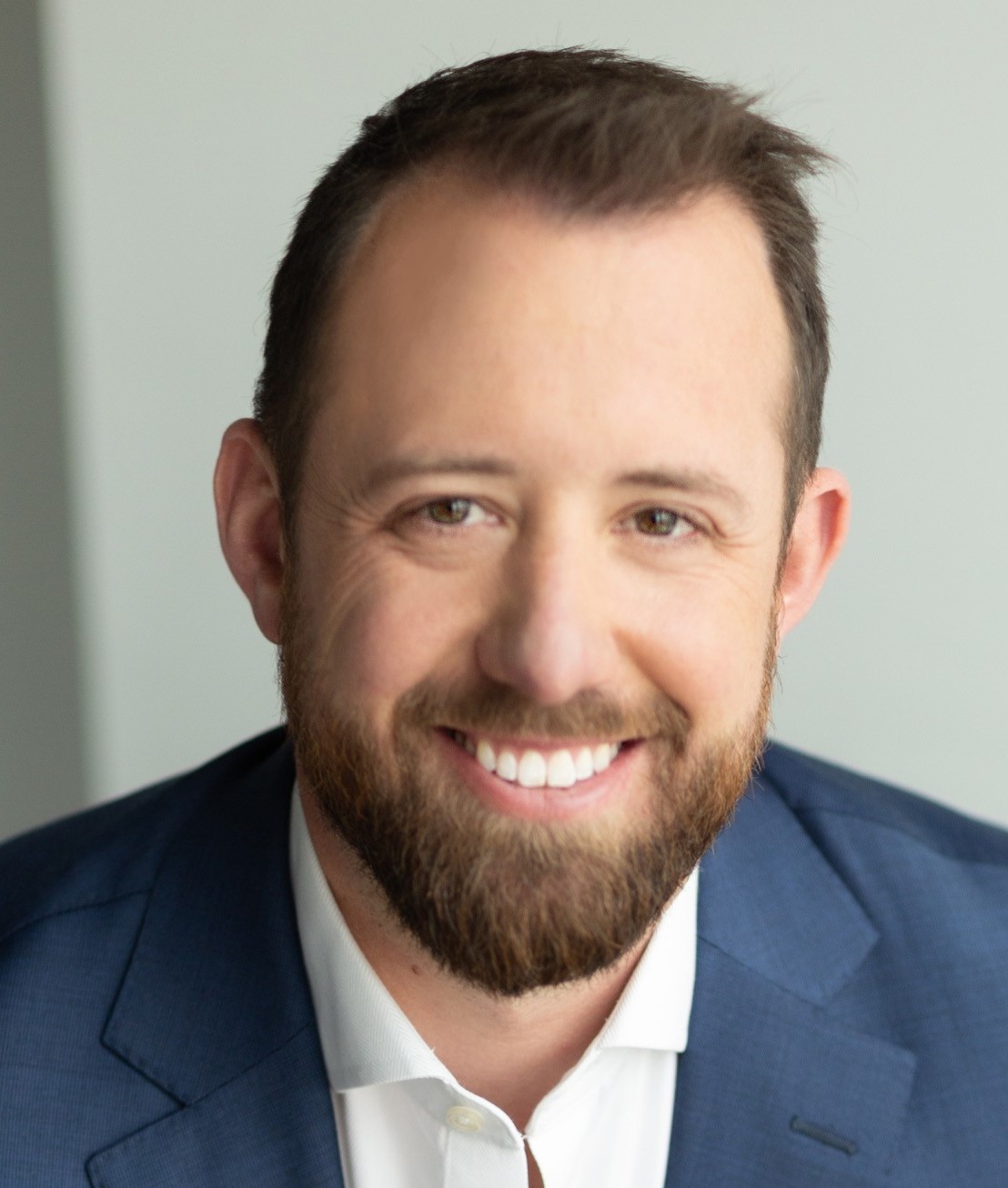
Dan Ignaszewski (Reaction Panel)
Executive Director, National Alliance for Eye and Vision Research (NAEVR) & Alliance for Eye and Vision Research (AEVR)
Dan serves as the Executive Director of the National Alliance for Eye and Vision Research (NAEVR)/Alliance for Eye and Vision Research (AEVR), where he oversees the organization's strategic direction and daily operations. With over 15 years of experience in voluntary health patient advocacy, Dan brings a wealth of expertise to his role. His leadership and dedication are helping to make a lasting impact on the field of vision research. He works to accomplish this by securing significant increases in federal funding for vision research programs, strengthening relationships with key partners and stakeholders, fostering collaborative efforts to advance vision research, as well as enhancing patient advocacy efforts.
Prior to joining NAEVR/AEVR, Dan worked at the Amputee Coalition, serving as Chief Policy & Programs Officer. In this role, he spearheaded the development and implementation of strategic plans and boosted advocacy engagement with partners, stakeholders, and the community. Under his leadership, the Coalition saw a 400% increase in federal funding for community programs and substantial federal investments in orthotic and prosthetic device outcomes research. He holds a Bachelor of Arts in Political Science with a Concentration in Business from Virginia Tech.
 05/14/2025 12:15 pm
05/14/2025 12:15 pm The goal of this session is to explore key factors that impact eye health and vision research, including race, ethnicity, gender, and social determinants of health.
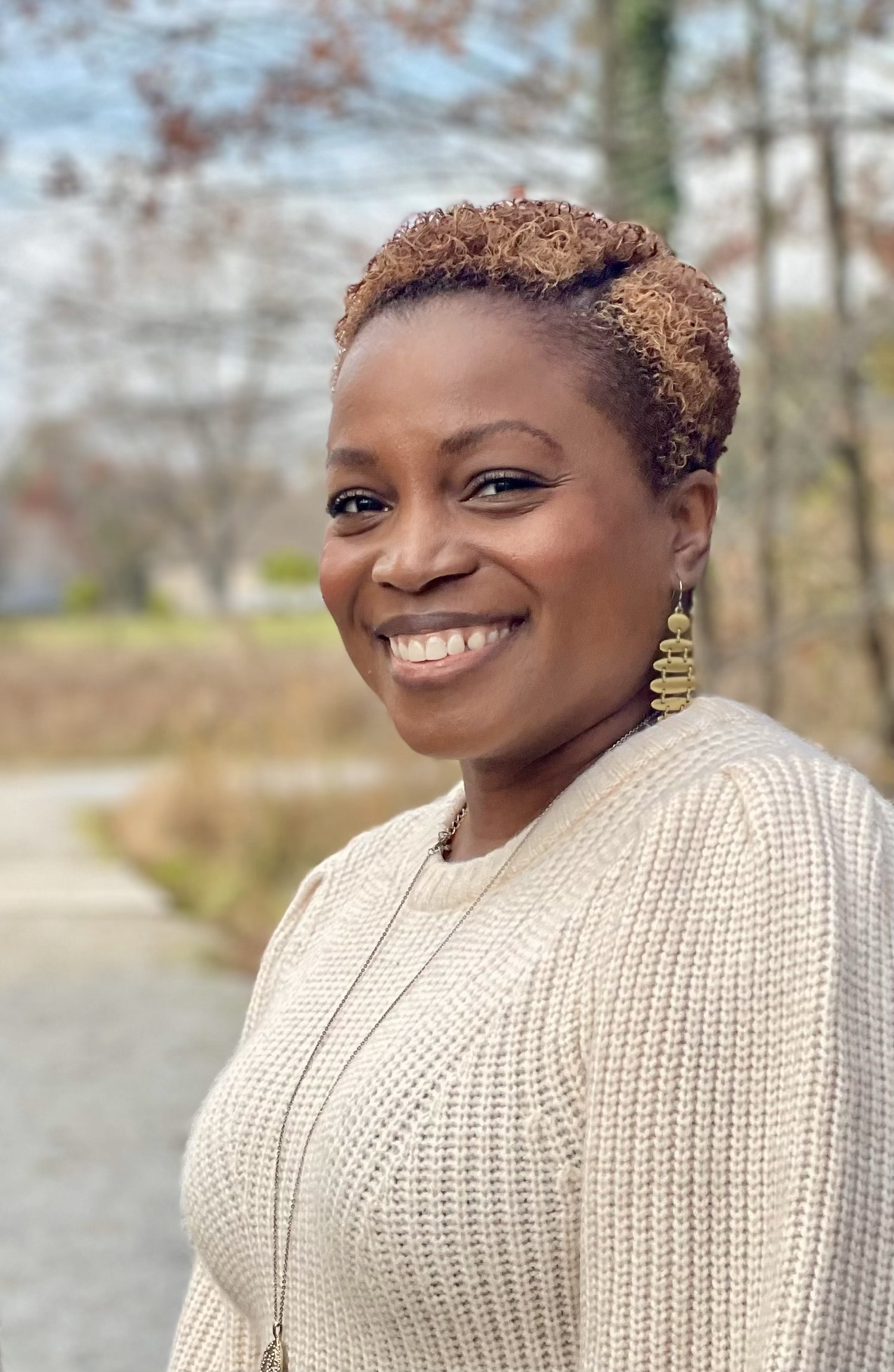
Moderator: Ruth Y. Shoge, OD, MPH, FAAO
Associate Clinical Professor and Chief Diversity Officer, University of California Berkeley School of Optometry & Vision Science
Dr. Ruth Shoge is currently an Associate Professor of Health Sciences and the Chief Diversity Officer at the University of California Berkeley Herbert Wertheim School of Optometry & Vision Science. She received her Doctor of Optometry degree from the Pennsylvania College of Optometry (PCO), where she also completed a residency in Pediatrics and Vision Therapy. She received her Master of Public Health from Temple University with a concentration in Social and Behavioral Science. During that time, she developed a special interest in inequities in eyecare and how to improve health outcomes in historically marginalized communities. She has been involved in several institution-specific and national initiatives to improve education, policies, and practices within the eyecare profession. Additionally, she started her own consulting company, RYS Consultants LLC, to provide educational opportunities and long-term DEIB planning in academic, private, and corporate settings for practitioners, student members, and leaders of the optometric community.
Dr. Shoge's clinical interests include pediatric care, non-strabismic binocular vision disorders, vision disorders related to concussion, and vision therapy. In the clinical setting, Dr. Shoge aims to provide and model clinical competence and cultural humility to her students as they care for their patients. She has served as an investigator in several federally funded research studies and has had the opportunity to present nationally and internationally about binocular vision, vision therapy, the management of concussion-related vision disorders, clinical cultural humility and bias awareness training, and DEIB leadership training.
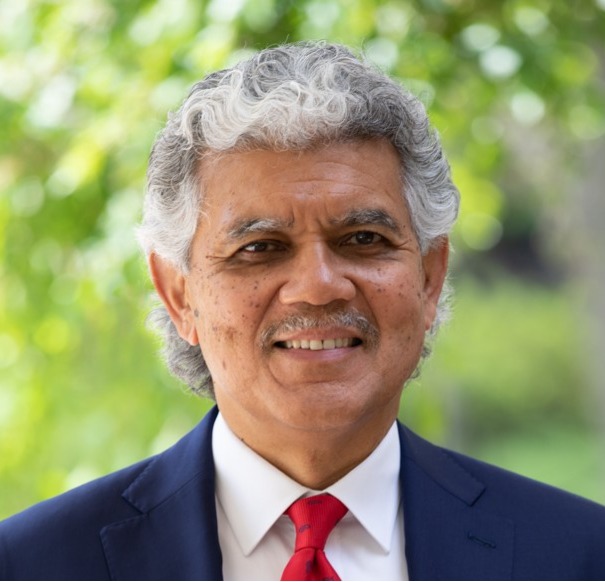
M. Roy Wilson, MD, MS
President Emeritus, Wayne State University, Distinguished Professor, Wayne State University School of Medicine
M. Roy Wilson MD, MS, is Chancellor Emeritus of the University of Colorado at Denver and Health Sciences Center and President Emeritus of Wayne State University as well as Distinguished Professor of Ophthalmology. Dr. Wilson's administrative career also includes being dean of the School of Medicine and vice president for health sciences at Creighton University, president of the Texas Tech University Health Sciences Center, chair of the Board of Directors of University of Colorado Hospital, and chair of the Board of Directors of Charles Drew University of Medicine and Science.
Dr. Wilson began his academic career as an ophthalmologist and glaucoma specialist at the Jules Stein Eye Institute, UCLA, and the Charles Drew University of Medicine and Science where he advanced from assistant professor in 1986 to full professor in 1994. He is an elected member of both the National Academy of Medicine and the American Academy of Arts and Sciences as well as the American Ophthalmological Society and the Glaucoma Research Society. Dr. Wilson served on the Advisory Council to the NIH Director, was a member of the executive committee of the Ocular Hypertension Treatment Study, and chaired the Data Monitoring and Oversight Committee of both the Los Angeles Latino Eye Study III and The African American Eye Disease Study.
Among his many national awards and recognitions, Dr. Wilson is the recipient of honorary doctorate degrees from Allegheny College, Schoolcraft College, and State University of New York; President's Award from the American Glaucoma Society; Senior Achievement Award from the American Academy of Ophthalmology; Herbert W. Nickens Award from the AAMC; Director's Award from the NIH; Lifetime Research Award from the W. Montague Cobb Institute; Excellence in Education Award from the National Medical Foundation; President's Medal from Charles Drew University of Medicine and Science; Distinguished Clinical Achievement Award from Harvard Medical School, Mass Eye & Ear Infirmary. In 2022, Dr. Wilson was named Michiganian of the Year.
He has served on the governing boards of many national organizations and currently serves on the boards of Research!America, Alliance for Health Policy, the University of Miami Health System, and Blue Care Network of Michigan.
Dr. Wilson received his undergraduate degree from Allegheny College, an MS in epidemiology from UCLA, and an MD from Harvard Medical School. He completed his residency in ophthalmology and fellowship in glaucoma at the Mass Eye and Ear Infirmary, Harvard Medical School.
 05/14/2025 01:30 pm
05/14/2025 01:30 pm Join the table with fellow attendees for an informal discussion around the following topics.
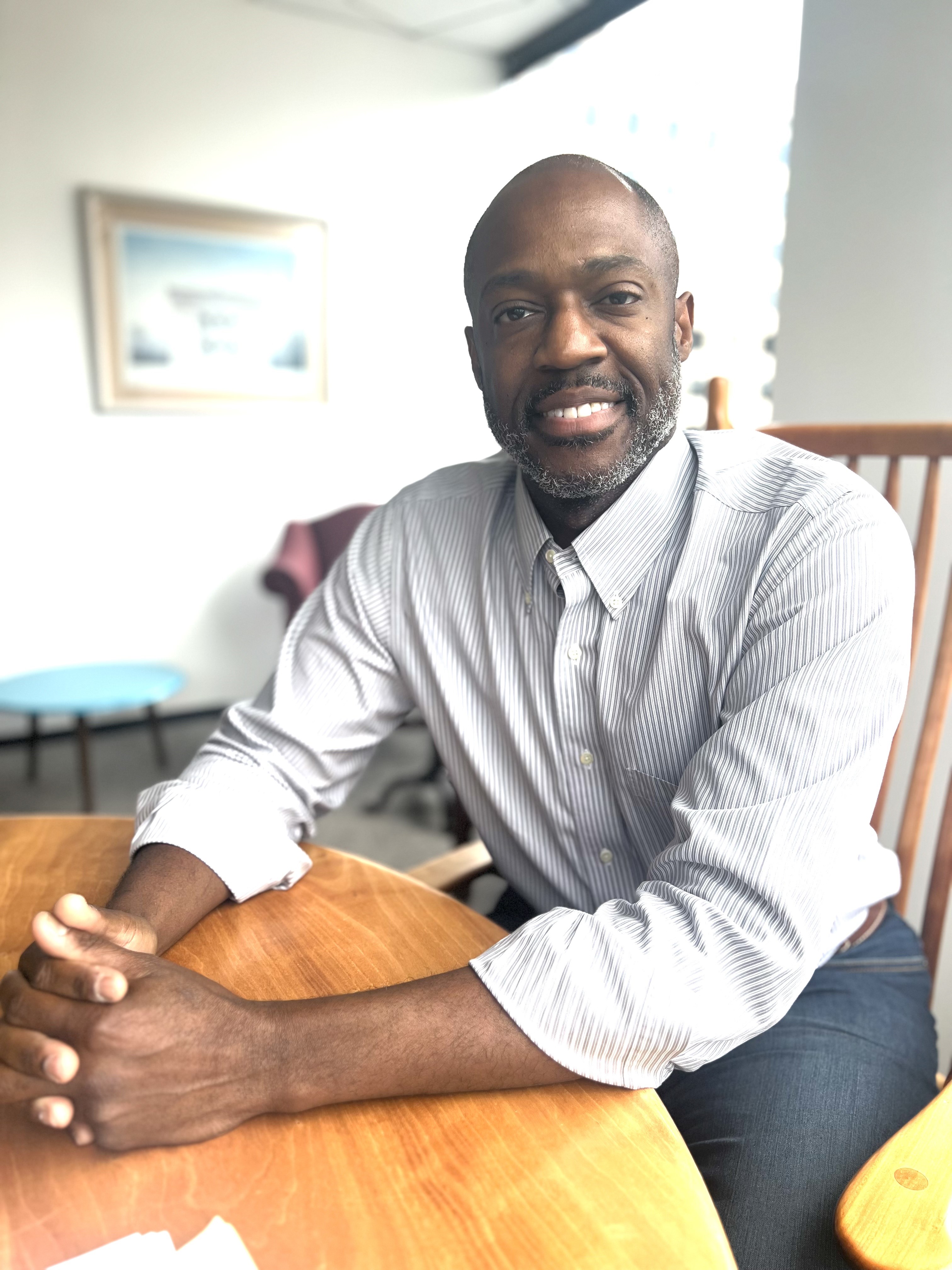
Marvell Adams Jr.
CEO, Caregiver Action Network
Marvell Adams Jr. is a highly skilled and passionate careerist, advocate, educator, and leader with a lifelong commitment of service to older adults, marginalized communities, and humankind. In 2023, Marvell accepted the invitation of the Caregiver Action Network Board of Directors to become its next President & CEO. The Caregiver Action Network is a 501c(3) non-profit based in Washington, DC and has been the nation's leading family caregiver organization working to improve the quality of life for the more than 90 million individuals who care for loved ones with chronic conditions, disabilities, disease and supportive living needs.
Marvell is also the Founder & CEO of W Lawson, a company committed to creating communities of inclusion and belonging for older adults and all they love. In carrying out its mission, W Lawson establishes synergies between the wants and needs of older adults seeking supportive community living with those of historically marginalized groups seeking an inclusive environment. In furtherance of this mission, Marvell is the Creator & Facilitator of the Longevity + Inclusion Alliance Fellows Program. In recognition of his work in equity, Marvell was named as an Eisner Prize Fellow in 2023, one of only a handful of individuals honored in this inaugural cohort founded by the Eisner Foundation.
Marvell serves as Board Treasurer for The Green House Project/Pioneer Network, Surveyor for CARF International and Chair of Communities of Inclusion & Belonging, Inc. Marvell has a very full and delightful family life in Baltimore, MD where he resides with his spouse and three children.
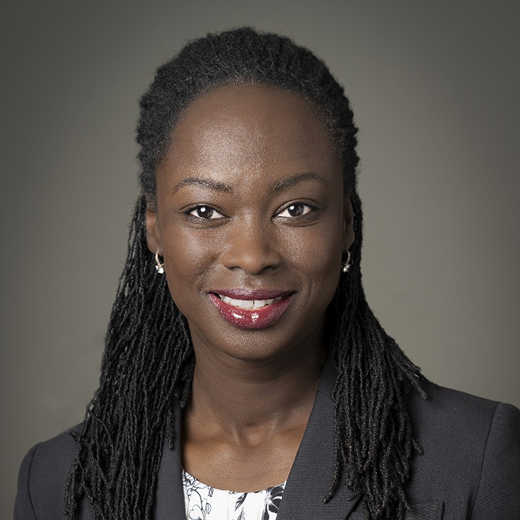
Afua O. Asare, OD, PhD, MPH
Research Assistant Professor
Department of Ophthalmology & Visual Sciences
John A Moran Eye Center
Dr. Asare is a Research Assistant Professor in the Department of Ophthalmology & Visual Sciences at the University of Utah and an Adjunct Assistant Professor in the Department of Population Health Sciences. Her research sits at the intersection of clinical optometry, biomedical informatics, and health services research by focusing on improving access to vision care for children by developing and implementing evidence-based health interventions to facilitate the early identification of vision disorders. From 2023-2024, she was one of 15 researchers selected by the National Academies of Sciences Engineering and Medicine (NASEM) as a member of the Focus on Myopia committee. The committee was charged with conducting a national consensus study on the global increase in myopia.
.jpg)
Roomasa Channa, MD
Associate Professor
Co-Director of the Artificial Intelligence Unit
Department of Ophthalmology and Visual Sciences
University of Wisconsin-Madison
Dr Roomasa Channa is an Associate Professor in the Department of Ophthalmology and Visual Sciences and Co-Director of the Artificial Intelligence (AI) unit at the University of Wisconsin-Madison. Dr Channa is a retina surgeon with a research focus on studying factors associated with vision loss in patients with diabetic retinal diseases and leveraging health technology such as artificial intelligence to study diabetic eye diseases and to improve access to eye care. Her work has been funded by numerous organizations including the National Eye Institute, National Aeronautical and Space Association (NASA), Department of Defense, the Johns Hopkins Children’s Center, and the Veterans Affairs hospital.
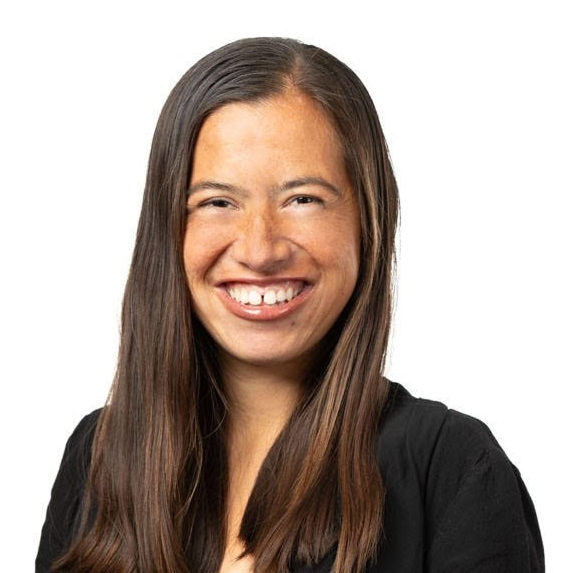
Nicole Homerin, MEd
Director of CVI Education
The CVI Center at Perkins School for the Blind
Nicole Homerin, MEd (she/her) is the Director of CVI Education in The CVI Center at Perkins School for the Blind. Nicole formerly served as a special education teacher for students with a variety of disabilities, including CVI, in both Boston and Los Angeles. Nicole is passionate about disability advocacy and making learning accessible and equitable for students and teachers alike. She was named the 2023 Steve Bartlett Award recipient by RespectAbility for her work in disability advocacy, leadership, and empowerment. She was also named the recipient of the 2023 Trailblazer Award from Boston University Wheelock School of Education and Human Development for her exemplary leadership in the fields of education and disability advocacy. She serves on the Heumann Education Advisory Council for the Just Say Hi! Inclusive Education Curriculum created by the Cerebral Palsy Foundation. Nicole holds a Master's Degree in Special Education from Boston College and a Bachelor's Degree in Early Childhood Education from Boston University.
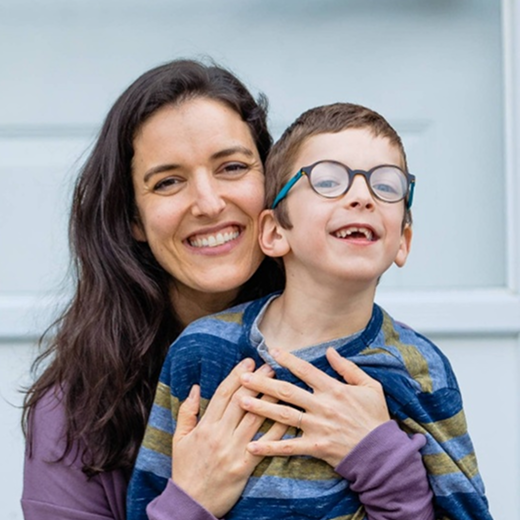
Rachel Bennett, MEd, CCVI
Director of CVI Now
The CVI Center at Perkins School for the Blind
Rachel Bennett, MEd, CCVI, is a writer, speaker, advocate, and proud mom of Henry who has CVI and other disabilities. As Director of CVI Now at Perkins School for the Blind, she connects science and lived experience, amplifies stories, and builds community to support CVI families and professionals. Rachel speaks nationally and internationally about CVI and parent advocacy, with her work published in Frontiers in Human Neuroscience. She serves on the NIH CVI Registry advisory committee and has presented at the NIH CVI Workshop and the Boston Globe's Rare Disease Summit. Before Perkins, Rachel was a special educator and instructional specialist. When she's not working, you'll find Rachel getting her morning workouts in, reading by the fire, baking shortbread cookies, or catching the first light on the treetops.
 05/14/2025 02:45 pm
05/14/2025 02:45 pm This session will discuss how patients can drive advocacy efforts at the government, corporate, and community levels to create meaningful change in eye health and vision care.
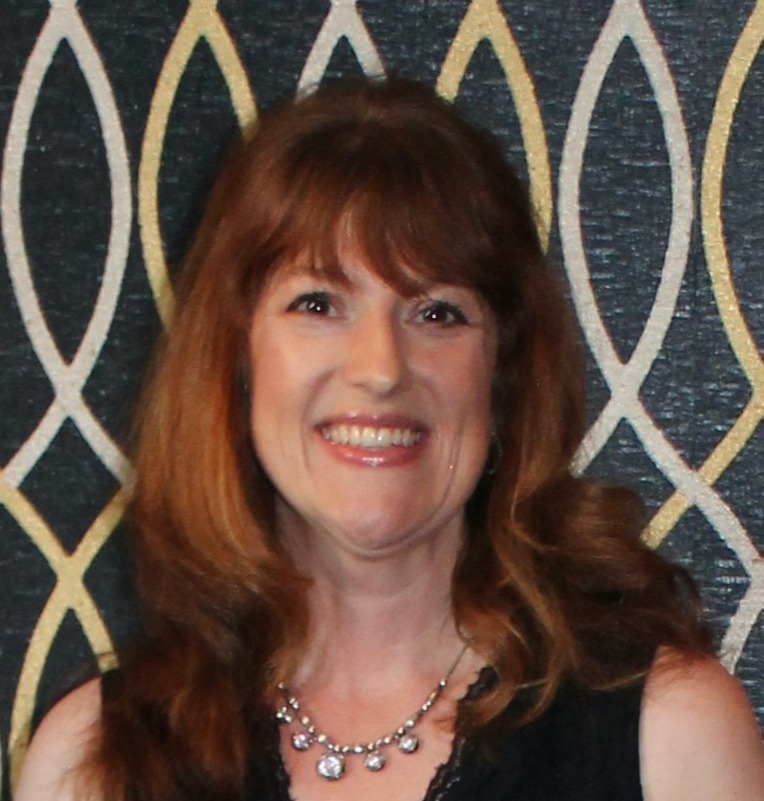
Moderator: Heather Shirk Patrick
President and CEO, Prevent Blindness Texas
Ms. Patrick has spent twenty years in the non-profit community serving at the local, regional, and national levels of healthcare non-profits. A versatile and strategic leader, she has a keen ability to leverage insights and analysis to build mission programs with maximum impact performing at high levels of effectiveness and efficiency. These skills have played out over time in a career focused on systems and operations development; training and leadership development for nonprofit executives; strategic grant making; fundraising and campaign management.
Heather is currently the President and CEO of Prevent Blindness Texas. She is focused on leading a team across Texas to elevate vision care, improve overall health, deliver preventative screenings, navigate clients to resources, educate individuals about risk and advocate for improved access to care for clients. In 2019, Heather was awarded the Women Who Mean Business Award by the Houston Business Journal for her outstanding leadership and excellence in the Nonprofit Industry.
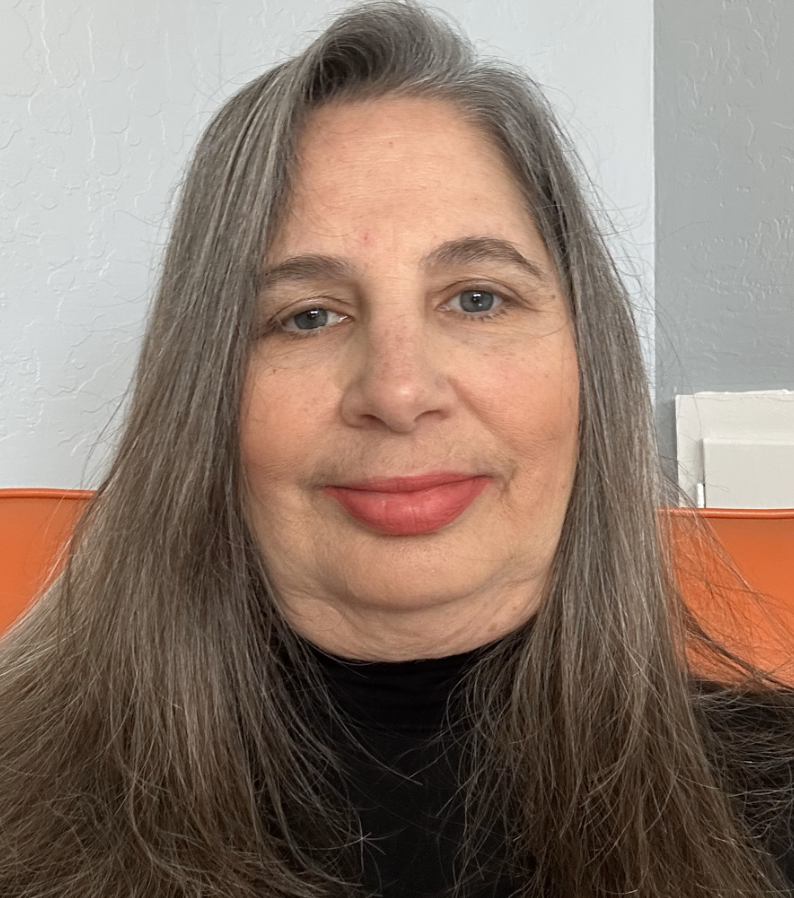
Linda MacLeod
Retired Attorney, Prevent Blindness ASPECT Patient Engagement Program Graduate
Linda MacLeod is a retired attorney who lives in the heart of Silicon Valley, San Jose, California. Linda graduated from UC Law San Francisco (formerly Hastings College of the Law) in 1989 and practiced law for 27 years before retiring in 2016 due to her vision loss. Linda practiced in all areas of business and employment litigation and was a partner in her law firm for a decade. Recently, Linda has focused more on advocacy work for disabled individuals. In February, she successfully obtained a judgement against Uber for ride share denials, and has advocated in the areas of public transportation and accessibility.

Abubakar Sadik Mohammed, OD
Vision Science Graduate Trainee, School of Optometry, University of Alabama at Birmingham, Prevent Blindness ASPECT Patient Engagement Program Graduate
Abubakar Sadik Mohammed is an Optometrist and a Graduate research trainee at the School of Optometry, University of Alabama at Birmingham (UAB). His research explores how the loss of synaptic proteins disrupts calcium signaling in the retina, ultimately leading to blindness. He is a science policy and patient advocacy enthusiast. He currently serves as the President of the Science Policy Advocacy Network at UAB, where he leads efforts to enhance science policy literacy among graduate students. Recognizing the urgent need for stronger scientific representation in policymaking, he is committed to bridge the gap between research, patient advocacy and policy. Outside the lab, he enjoys swimming and embarking on hiking expeditions.
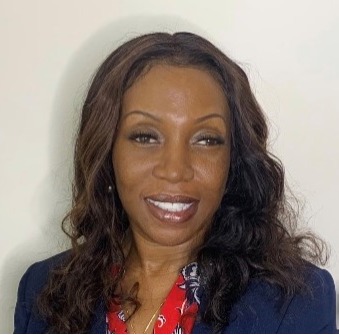
Leslie Nwankwo, DNP, RN
Director of Education Services, CareBasics, Prevent Blindness ASPECT Patient Engagement Program Graduate
Dr. Leslie Nwankwo, a registered nurse for 29 years, has extensive experience in community-based nursing, holding roles such as nurse navigator, director of clinical services, and academic nurse educator. She previously owned a home care agency and currently serves as an adjunct professor in the graduate nursing program at the University of St. Thomas.
Dr. Nwankwo earned her BSN from The University of Texas, an MSN in Nursing Administration from the University of Houston-Victoria, and a Doctorate in Nurse Executive Leadership with a sub-specialty in Nursing Education from the University of South Alabama.
She is a contracted vendor with the Texas Workforce Commission, providing chronic disease management education to blind and visually impaired individuals. Through her company, Care Basics LLC, she offers health education and wellness training. As an advocate for the blind and visually impaired, she shares her personal experiences to inspire and drive change through vision loss awareness.
She is a member of the Texas Organization of Nurse Leaders, Texas Nurses Association and Sigma Theta Tau's Nursing Honor Society - Phi Chi Chapter. Dr. Nwankwo is also deeply involved in faith-based and community health initiatives. She enjoys reading, taking long walks with her dog and, most of all, spending time with her family.
 05/14/2025 04:00 pm
05/14/2025 04:00 pm The goal of this session is to explore, through a roundtable discussion, the connection between eye health and overall well-being (oculomics), key considerations for genomic research in rare diseases, and innovative device technologies that are transforming the lives of individuals who are blind.
Moderator: Yvonne Ou, MD
Dr. and Mrs. Stacy J. Mettier Professor of Ophthalmology, Vice Chair of Postgraduate Education, Department of Ophthalmology, University of California San Francisco
Dr. Yvonne Ou (pronounced "Oh") is the Dr. and Mrs. Stacy R. Mettier Jr. Professor of Ophthalmology, Vice Chair for Postgraduate Education, and Academic Director of the Glaucoma Division in the Department of Ophthalmology at University of California San Francisco (UCSF). She is also the Co-Director of the UCSF-Proctor K12 Clinician Vision Scholars Program. Dr. Ou received her B.A. and M.D., both magna cum laude, from Harvard. She underwent residency training at the Jules Stein Eye Institute, UCLA, and then completed both clinical and postdoctoral fellowships at Duke University. She is the recipient of the Young Investigator Award from the Alcon Research Institute, the Dr. Douglas H. Johnson Award for Glaucoma Research from the BrightFocus Foundation, and the Dr. David L. Epstein Award from ARVO.
Dr. Ou specializes in treating glaucoma with medical, laser, and surgical therapies, the latter including cataract surgery, minimally invasive procedures, filtering surgery, and drainage implant surgery.
The research interests of the Ou laboratory are in glaucoma neurodegeneration, circuit disassembly and reassembly, and neuronal plasticity. The team is studying the cellular and synaptic mechanisms of retinal ganglion cell degeneration and identifying specific types of ganglion cells and circuits that are particularly susceptible, with an eye for improving diagnostic and treatment modalities for patients. The group also has developed translational applications from the team's laboratory findings, specifically novel clinical ERG paradigms and virtual-reality based oculokinetic perimetry for glaucoma diagnostics. More recently, the Ou lab is part of an Audacious Goals Initiative team tackling barriers to retinal ganglion cell transplantation as a vision restoration strategy.
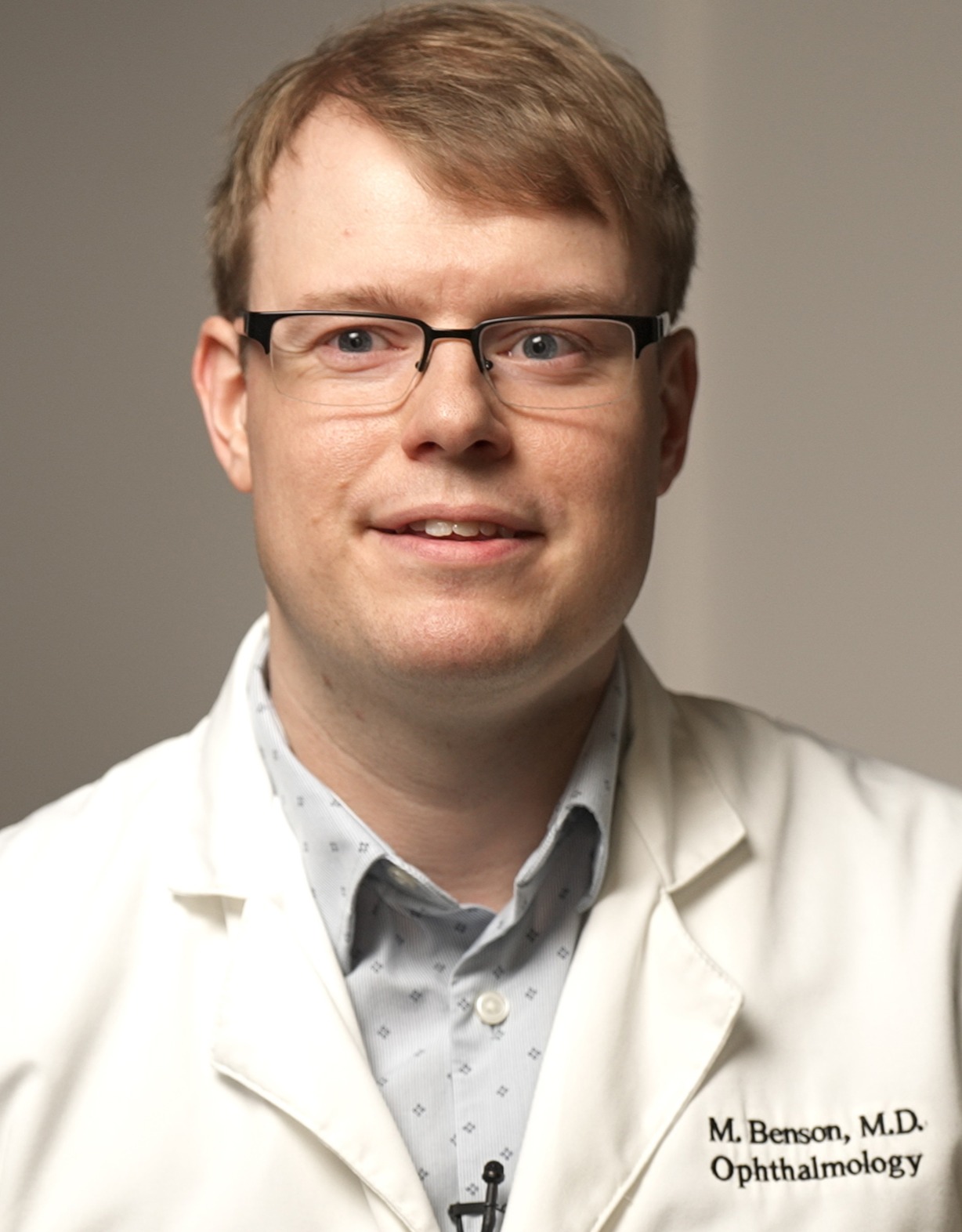
Matthew D. Benson, MD, MSc, FRCSC MD, MSc, FRCSC
Assistant Professor & Clinician-Scientist, Faculty of Medicine & Dentistry, Department of Ophthalmology & Visual Sciences, University of Alberta, Edmonton, Canada
Dr. Matthew Benson is a clinician-scientist and assistant professor in the Department of Ophthalmology and Visual Sciences at the University of Alberta in Edmonton, Canada. Dr. Benson completed his medical school, graduate studies and ophthalmology residency training at the University of Alberta. He then completed subspecialty fellowship training in ocular genetics at the National Eye Institute, National Institutes of Health, in Maryland, USA. His clinical practice includes seeing pediatric and adult patients with inherited eye diseases, and he specializes in strabismus surgery.
Dr. Benson also leads a translational research lab at the University of Alberta. His research group investigates disease mechanisms in inherited retinal and macular disorders by generating retinal pigment epithelium from patient-derived stem cells. In addition, Dr. Benson is involved in clinical research, and he is the site principal investigator for several clinical trials, natural history studies, and patient registries, including the Foundation Fighting Blindness Clinical Consortium and the Fighting Blindness Canada Patient Registry. He works with an incredible group of staff, technicians, and trainees who all share the goal of developing treatments for patients with vision loss.
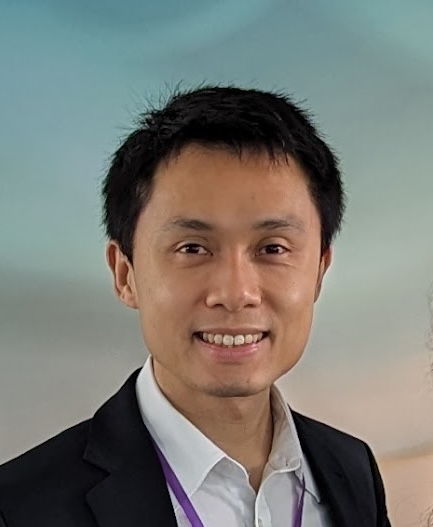
Yun Liu, PhD
Senior Staff Research Scientist, Google Research
Dr. Yun Liu is a senior staff research scientist in Google Research. In this role he focuses on developing and validating machine learning for medical applications across multiple fields: pathology, ophthalmology, radiology, dermatology and more. He has published over 100 articles in venues ranging from Nature to JAMA. Yun completed his PhD at Harvard-MIT Health Sciences and Technology, where he worked on predictive risk modeling using biomedical signals, medical text and billing codes. He has previously also worked on predictive modeling for nucleic acid sequences and protein structures. Yun completed a BS in Molecular and Cellular Biology and Computer Science at Johns Hopkins University.
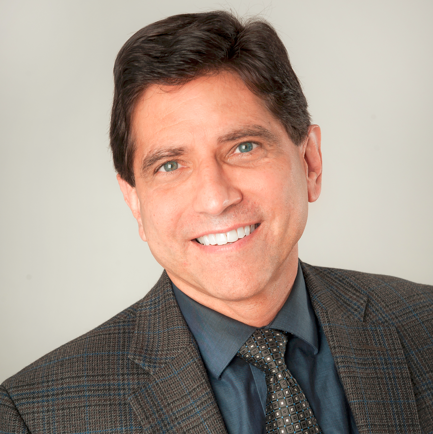
Philip R. Troyk
Executive Director, Pritzker Institute of Biomedical Science and Engineering, Robert A. Pritzker Professor of Biomedical Engineering, Armour College of Engineering, Affiliate Professor, Stuart School of Business, Director, Laboratory of Neural Prosthetic Research, Illinois Institute of Technology, CEO, Sigenics, Inc.
Dr. Troyk is a Professor in the Department of Biomedical Engineering, the Executive Director of the Pritzker Institute of Biomedical Science and Engineering, and Affiliate Professor in the Stuart School of Business, at the Illinois Institute of Technology. He is also President/CEO of Sigenics, Inc – a custom electronics design company that is a partner in the ICVP visual prosthesis project, with locations in Chicago, IL, and Los Osos, CA. His research interests are broad and include cortical and retinal visual prostheses, implantable neural interfaces, functional electrical stimulation systems, design of neural prostheses, bioelectronic medicine, smart sensors, Radio Frequency Identification, telemetry, VLSI design, and packaging of implantable electronic devices. He is presently leading the Intracortical Visual Prosthesis project, comprised of eight academic and industrial team member groups. He obtained his BS in Electrical Engineering from the University of Illinois, Urbana, and the MS and PhD in Bioengineering from the University of Illinois, Chicago.

Closing Remarks: Jeff Todd
President & CEO, Prevent Blindness
Jeff Todd serves as the President and Chief Executive Officer of Prevent Blindness, the nation's leading organization dedicated to preventing blindness and preserving sight for people of all ages. Since its founding in 1908, Prevent Blindness has advanced eye health and safety by educating the public, advocating for equitable access to eyecare, promoting early detection of vision problems, and supporting patients and care partners.
Joining Prevent Blindness in 2003, Jeff held roles as Director of Public Health and Chief Operating Officer before becoming President and CEO in 2018. Under his leadership, the organization has launched the National Center for Children's Vision and Eye Health, promoting comprehensive pediatric eye care; led an annual national summit as a forum for the exchange of ideas relating to vision and public health; produced pivotal research on the prevalence and cost of vision problems in the U.S.; and advocated for the Early Detection for Vision Impairment in Children Act, currently under Congressional review.
Beyond Prevent Blindness, Jeff is an active leader in the vision and public health sectors. He serves on the Boards of the National Health Council (Immediate Past Chair), the International Agency for the Prevention of Blindness (North America Regional Director), and Vision 2020 USA (Past Chair). He is also a past chair of the Vision Care Section of the American Public Health Association and former member of Howard Brown Health.
Earlier in his career, Jeff led statewide health and safety programs in Indiana's Governor's Office, spearheaded national youth development initiatives, and directed the National Youth Violence Prevention Resource Center.
Originally from Indiana, Jeff earned a J.D. from Indiana University School of Law–Indianapolis, an M.S. in Communications from Butler University, and a B.S. from Indiana University's Kelley School of Business. He currently resides in Chicago and is a member of the District of Columbia (DC) Bar Association.
Connect with Jeff on LinkedIn: Jeff Todd.
Thanks to your generous support we are proud to offer the "Focus on Eye Health Summit" completely free of charge.
.png)
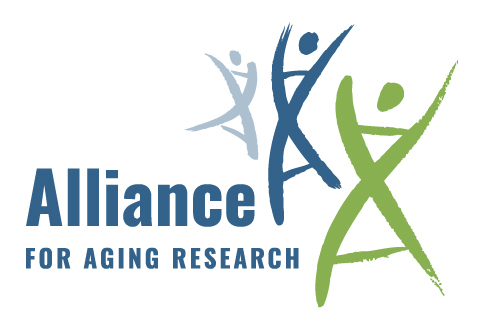
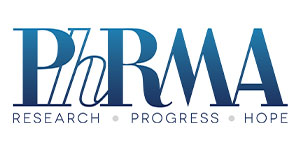

.jpg)
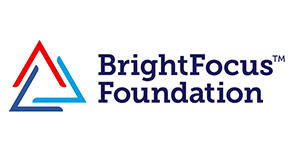
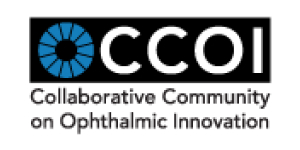
.png)

